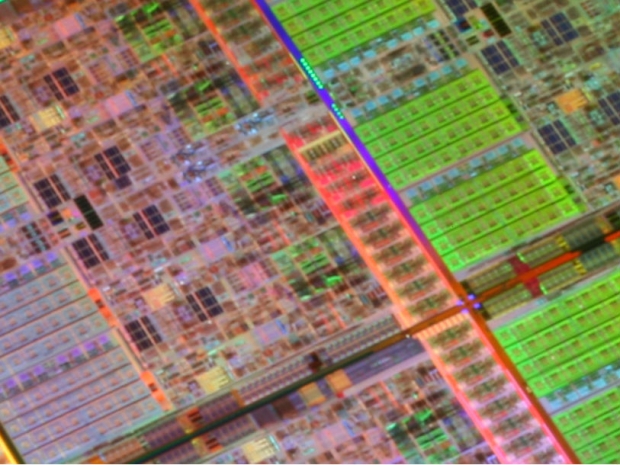This chipset is targeted at tablets, 2-in-1 tablets, small desktops, Chromebooks and Cloudbooks - cheap Windows based notebooks to counter Google's Chromebooks.
Apollo Lake brings 30 percent better CPU performance mostly due to the better graphics performance which arrive with the updated Intel Gen9 graphics. The platform supports DDR3L, LPDDR3, and LPDDR4 memory giving OEM's more options and the platform should have the 15 percent longer battery life.
There is an official support for USB Type-C but we were under the impression that Braswell-based notebooks / tablets support the new USB too.
A leaked slide indicates that Apollo Lake could end up branded as Intel Pentium and Celeron N/J series. The top of the line version will replace the Intel Pentium N3700 and will have 2MB cache and 2.4GHz clock quad core. It is expected in the second half of 2016.




